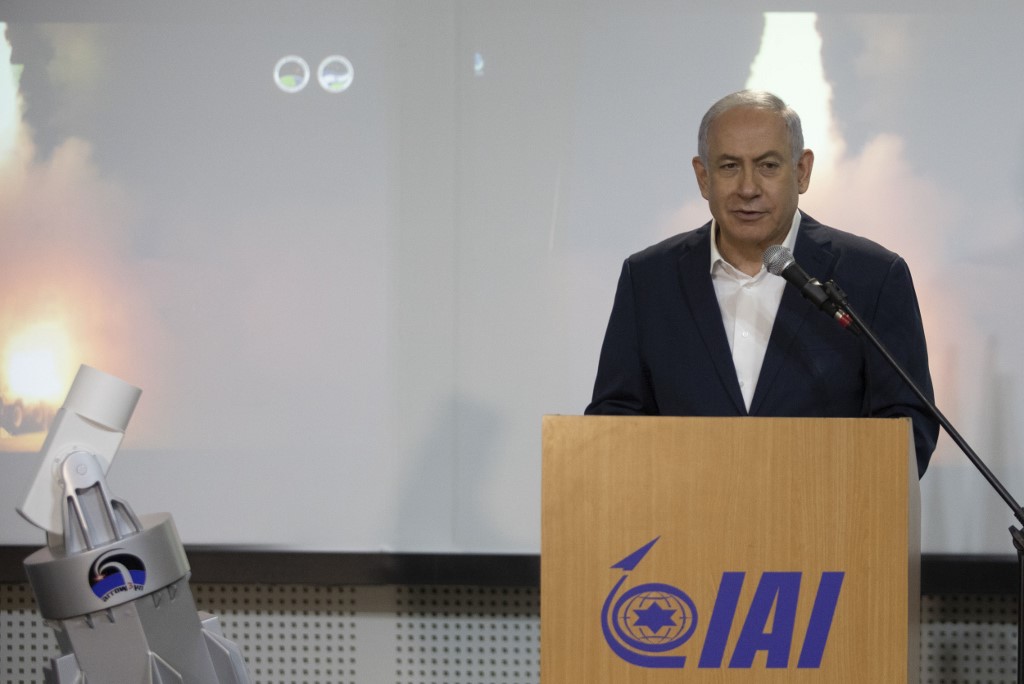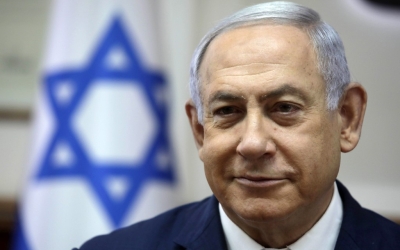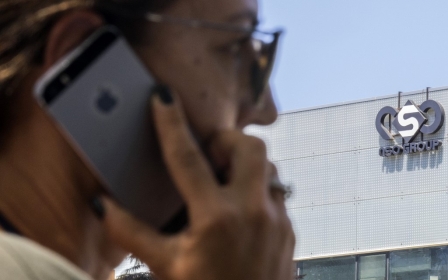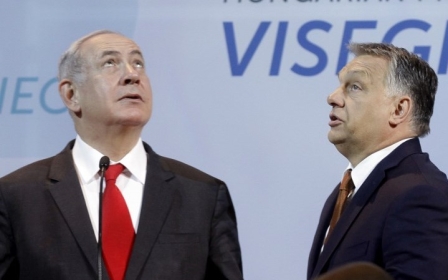Israel's weapons industry earns millions from EU states. It must end
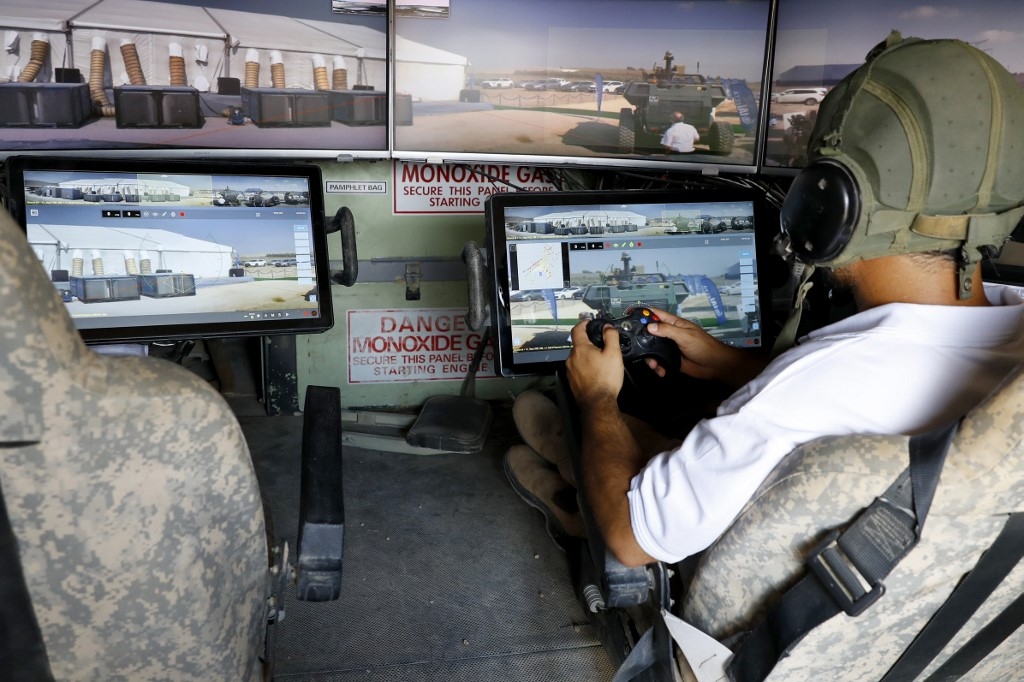
A new report shows that the European Union is funnelling millions of euros of taxpayers’ money to Israeli weapons manufacturers.
With a resolution to the Israel-Palestine conflict seeming ever more elusive, the EU’s role as a credible mediator is growing in importance. This revelation puts that role at risk.
The EU must stop funding the Israeli defence industry, and re-establish itself as an impartial arbiter in this longstanding conflict.
A game of jeopardy
The report, published by the European Coordination of Committees and Associations for Palestine, shows that the EU has handed out 2m euros to private weapons manufacturer Elbit Systems and more than 7m euros to state-owned Israel Aerospace Industries (IAI) between 2014 and 2019. The companies received grants under the EU’s programme for research funding, Horizon 2020.
It is unacceptable that EU taxpayers' money is being funnelled to Israeli weapons manufacturers, funding the oppression of Palestinians
With the Trump administration siding firmly with Israel, moving the US embassy to Jerusalem and continuing to provide the Israeli military with billions of dollars in aid each year, the importance of the EU as an impartial and trustworthy mediator is growing.
The fact that EU taxpayers are funding the Israeli military-industrial complex jeopardises this.
In the Stockholm International Peace Research Institute’s 2018 report on the world’s largest weapons manufacturers, Elbit placed 28th, while IAI came 41st.The EU funding two of the world’s largest military companies is ethically dubious in the extreme.
This ethical questionability is aggravated further when considering that Elbit and IAI supply the Israeli military with much of its hardware, arguably making them complicit in the oppression of Palestinians and human rights violations resulting from Israel’s occupation of the Palestinian territories.
Ethical guidelines
Commission representatives argue that they are following the ethical guidelines of Horizon 2020 when approving grants to Elbit and IAI. I disagree with that judgement, both on ethical grounds and because it is inconsistent with other EU policies.
The EU is adamant about standing up for international law, and has on many occasions strongly condemned Israel’s actions towards Palestinians. This stance is fundamentally undermined by financing companies complicit in the oppression of Palestinians.
The European Commission also argues that the projects financed are civilian in nature. Among them are grants for developing drones and surveillance technologies.
Yet, as the participants in Horizon 2020 projects own the results generated, there are no guarantees that technology developed for civilian ends will not be used in military systems and platforms advertised by the very same companies - or in the illegal surveillance of Palestinians in the occupied territories, for that matter.
Time to reconsider
A decade ago, IAI, a renowned drone manufacturer, participated in the EU-funded Oparus project. The results included the improvement of medium altitude long endurance drones, and since then, IAI’s line of these drones have continued to be commercially successful.
On IAI’s website, these mainly surveillance-focused drones are advertised as “robust and combat proven”, highlighting the blurred lines between civilian and military use.
The fact that the EU is handing out millions of euros to the Israeli military-industrial complex endangers the EU’s reputation as a defender of human rights and international law. It undermines the EU’s efforts to establish itself as a credible and trustworthy partner to both sides of the Israel-Palestine conflict, leaving few remaining impartial mediators.
The European Commission must reconsider which Israeli entities should be able to participate in EU programmes. It is unacceptable that EU taxpayers’ money is being funnelled to Israeli weapons manufacturers, funding the oppression of Palestinians.
The EU must stop financing the Israeli defence industry, and re-establish itself as a credible and impartial mediator in the Israel-Palestine conflict.
The views expressed in this article belong to the author and do not necessarily reflect the editorial policy of Middle East Eye.
This article is available in French on Middle East Eye French edition.
Middle East Eye propose une couverture et une analyse indépendantes et incomparables du Moyen-Orient, de l’Afrique du Nord et d’autres régions du monde. Pour en savoir plus sur la reprise de ce contenu et les frais qui s’appliquent, veuillez remplir ce formulaire [en anglais]. Pour en savoir plus sur MEE, cliquez ici [en anglais].



